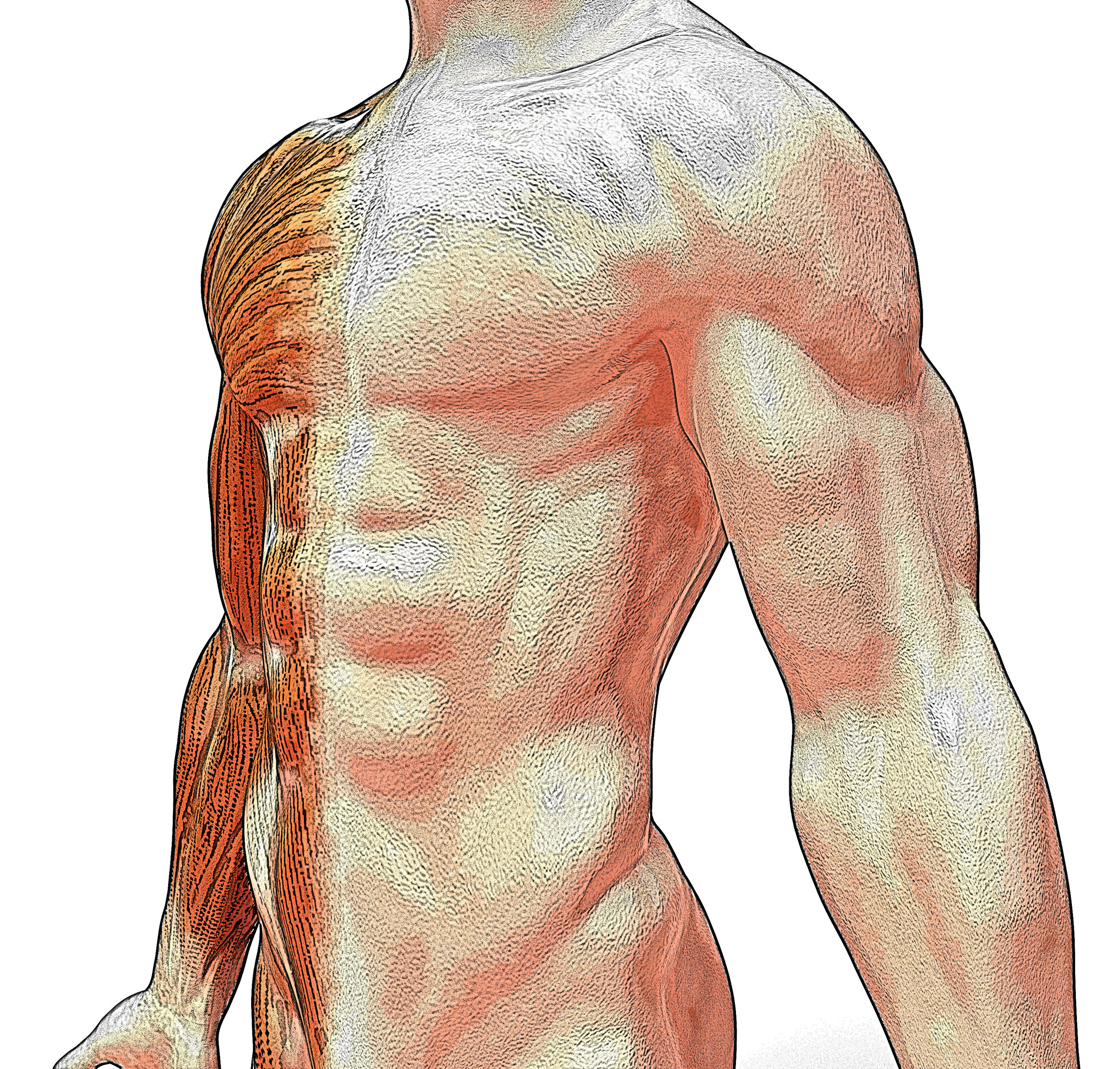MONDAY, April 11, 2016 (HealthDay News) — Older men who receive testosterone-suppressing therapy for prostate cancer may be at increased risk of developing depression, a new, large study suggests.
The findings are based on over 78,000 U.S. men treated for earlier-stage prostate cancer.
Researchers found that among those given hormone-suppressing therapy, 7 percent developed clinical depression in the next few years. That compared with 5 percent of men who did not have the treatment.
The findings do not prove that hormone therapy is to blame. But they do offer “pretty strong evidence” that might be the case, said senior researcher Dr. Paul Nguyen. He is director of prostate brachytherapy at Brigham and Women’s Hospital, in Boston.
Nguyen said his team accounted for some other factors that could affect depression risk — including the severity of a man’s cancer, his age and education. And there was still a connection between hormone therapy and depression.
Plus, Nguyen said, the longer the men were on hormone therapy, the higher the risk of depression.
Of men who were treated for six months or less, 6 percent developed depression within three years of their cancer diagnosis. That rose to 8 percent among men who were on hormone therapy for at least a year, the investigators found.
Dr. Mayer Fishman is a medical oncologist at Moffitt Cancer Center, in Miami, who has studied the side effects of hormone therapy for prostate cancer. He and his colleagues have found a similar link between the therapy and depression symptoms.
“What I like about this study is that it’s large, and it puts a number on the risk,” said Fishman, who was not involved in the research.
So while it tells men and their doctors that hormone therapy may contribute to depression, Fishman said, “it also puts the risk in context.”
Why would hormone therapy raise a man’s likelihood of depression? Nguyen pointed to a few possible reasons.
“It could be a direct effect of reduced testosterone levels on mood,” he said. “But there could also be indirect effects.”
Some of the physical effects of testosterone suppression — from sexual dysfunction to hot flashes to weight gain — may hinder a man’s quality of life, Nguyen explained.
Hormone therapy is an option for treating some prostate tumors because testosterone can feed the cancer’s growth. At one time, hormone therapy was an automatic choice, according to Nguyen. But that has changed.
“More and more, we’ve been recognizing that it has harms,” Nguyen said. And for many men with earlier-stage prostate cancer, he added, those side effects could outweigh any benefit.
Unlike many other cancers, prostate cancer is often slow-growing and may never progress to the point where it’s life-threatening. In fact, men are often diagnosed with “low-risk” prostate cancer — meaning it’s unlikely to spread — and they can opt to delay getting treatment at all, according to the U.S. National Cancer Institute (NCI).
Instead, those men can choose “active surveillance,” which means they have the cancer regularly monitored to see if it’s progressing. Hormone therapy is not a good choice for men with low-risk cancer, Nguyen said.
When men do opt for treatment, surgery and radiation therapy are the main approaches. For those with high-risk prostate cancer, Nguyen said, there is evidence that adding hormone therapy can improve their survival odds.
“High risk” means that the cancer could grow and spread within a few years, according to the NCI. To judge a prostate tumor’s risk level, doctors use different measurements — such as the amount of prostate-specific antigen in a man’s blood, and how abnormal (and aggressive) his tumor sample looks under the microscope.
Things get trickier, Nguyen said, when a man has “intermediate-risk” prostate cancer. In those cases, the benefits of hormone therapy are less clear, and would have to be weighed against the risks.
“Our study suggests that psychiatric side effects should be one of the considerations,” Nguyen said.
The findings, published online April 11 in the Journal of Clinical Oncology, are based on Medicare records for over 78,000 U.S. men treated for prostate cancer between 1992 and 2006. Overall, 43 percent underwent hormone therapy.
Once other factors were taken into account, hormone therapy was tied to a 23 percent increase in the risk of depression, the investigators found.
While all of the study patients were older, both Nguyen and Fishman said the depression likely applies to younger men, too.
Still, Fishman said that the risk should be kept in perspective. “Seven percent of men on hormone therapy became depressed,” he said. “Put another way, 93 percent did not.”
Plus, Fishman added, depression is treatable if it’s detected.
“If we understand that depression is a risk, we can talk about it with patients and they can anticipate it,” he said.
“Men, especially older men, are pretty good at not showing their feelings,” Fishman added. “So this is a wake-up call for them to speak up. They don’t have to suffer in silence.”
More information
The U.S. National Cancer Institute has more on hormone therapy for prostate cancer.
Copyright © 2026 HealthDay. All rights reserved.

